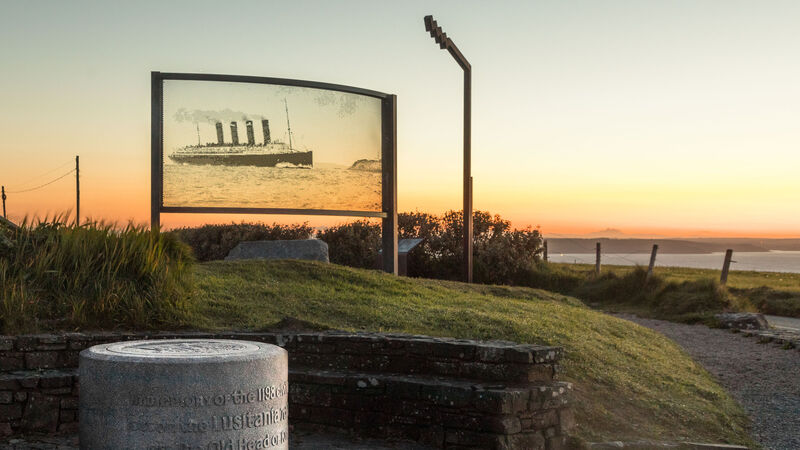Wild Atlantic Way generated €2.4bn last year

The Old Head of Kinsale on the Wild Atlantic Way. The region attracted four million tourists last year.
Tourism in Ireland grew last year, with the number of overseas and domestic tourists increasing.
More than eight million people travelled to Ireland last year, with a further 16.5 million domestic trips recorded, according to data released by Failte Ireland.











